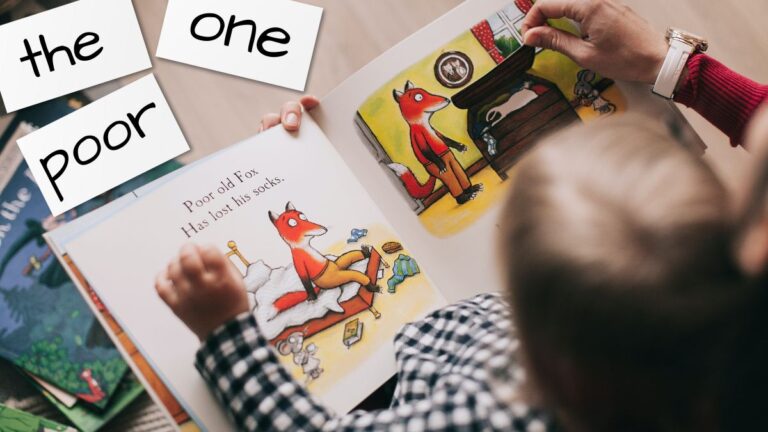Raising Children on the Spectrum
This June, my eldest son, who has an autism diagnosis, turned 10. He had received his diagnosis when he was around 3 years old. Initially, the diagnosis comes as a shock. One feels numb and goes into denial. This is a natural reaction before one reaches the acceptance stage.
A lot of questions and ideas race through the minds of parents, especially the mother. The first thing mothers tend to do is to assign blame. First, they look back and wonder: Did they do something wrong during their pregnancy or during the child’s infancy period?
Then they think about the future. Will the child ever talk or communicate? Will the child ever be independent? Who will look after the child when the mother is not around? Will he be able to go to school? All these thoughts make the mother overwhelmed, anxious, and even depressed. As autism is an invisible disability, mothers often cannot figure out what kind of help or support they need. It literally takes time to ‘navigate’ autism.
The other thing with autism is that it is defined as a spectrum which means while most children have a set of symptoms associated with the condition, the intensity of the symptoms varies from one child to another. That is why it is said each person with autism is different and what strategies work for one child may not work for another.
The family of the child especially the mother is the most important person when it comes to helping and supporting the child. She is like the captain of the team who has the responsibility to set goals and then lead the team of therapists and educators of the child.
Things to Remember for Parents of Newly Diagnosed Children
Here are a few things mothers and fathers of newly diagnosed children need to keep in mind:
- Give yourself time to accept the condition. It’s ok to take time and try to figure out what to do. A lot of mothers read up on the condition and get more panicked. The key here is to not overburden yourself with information. Do not spend hours researching autism because you will only end up feeling overwhelmed with all the information. Read a little and as mentioned before give yourself time to think about how you want to move forward.
- You will eventually become an autism expert. If you feel like you need more information on this condition, don’t fret. With time you will have so much information that you’ll be guiding others. As mentioned before it is tempting to read up everything when handed the diagnosis, but avoid falling into that trap. When overburdened with information, one usually can not figure out where to start and in some cases, the confusion leads one to do nothing at all.
- Do not delay any therapy suggested. Usually, after the diagnosis, the doctor will recommend speech, behavior, or occupational therapy depending upon the child’s condition. While you may not have reached the acceptance stage, do not delay booking an appointment for your child with any of the suggested therapists. The sooner you expose your child to therapies, hopefully, sooner you will see improvement in his symptoms.
- Life skills over academics. One idea to help you reach the acceptance stage is to realize that you belong to a different ‘circus’. While others around you are preparing their children for admission to top-notch schools, you on the other hand would be struggling to get your child accepted in a small unknown setup. The idea is not to expose your child to academics but rather to allow him to learn to be independent and social. Avoid giving in to the pressure to start off the child’s learning with academic activities rather than activities that build independence in daily life skills. Think for a second, even a child who is functioning typically will not be appreciated if he is an academic achiever but can not do simple things like tidying up one’s workspace or take care of hygiene.
- You can not do everything that you read on the internet or in support groups. While you may be quick to do your internet search and join support groups, which is a good thing, remember you can not do everything that is suggested. Make a schedule that works for you and your child and even for the family. Include activities that you can conveniently do, and are not very taxing on your household budget.
- Do not get caught up in the cure versus life long condition debate. Nowadays the autism community is caught up in the debate whether it is curable or life long. Do not stress over this as for now your priority is helping the child with his issues. While you may join support groups of both camps, take home only ideas that work for your child while maintaining focus on your main goals for your child.
- Do not forget to take care of yourself. While self-care may seem like a modern trend, in reality, it is essential for your well-being. Do not feel guilty about doing something for yourself. Your physical and mental well being is essential not only for you but also for the child you are trying to help. A stressed-out mother cannot be an effective mentor for the child. You also need to make a schedule where you and your spouse can spend some time together. Usually, fathers are not very expressive, but the journey is hard for them too, hence all the more important to work on your relationship.
Also, you will receive a lot of unsolicited advice. Try not to get offended and realize that people generally lack awareness about the condition and that you are your child’s best advocate. In addition to this, it is extremely important to try and develop a support system for yourself. It can be exhausting doing everything yourself. when needed take help from people who you feel can look after the child while you attend to your needs.
- Raising Children on the Spectrum - September 8, 2020







